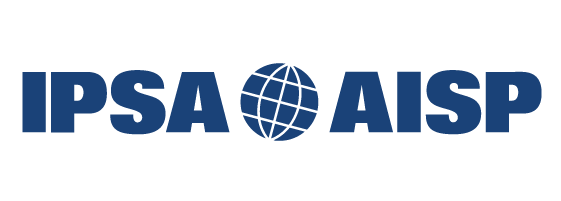The Internet: A new route to good governance
Abstract
Get full access to this article
View all access and purchase options for this article.
References
Biographies
Cite
Cite
Cite
Download to reference manager
If you have citation software installed, you can download citation data to the citation manager of your choice
Information, rights and permissions
Information
Published In
Keywords
Authors
Metrics and citations
Metrics
Journals metrics
This article was published in International Political Science Review.
View All Journal MetricsPublication usage*
Total views and downloads: 928
*Publication usage tracking started in December 2016
Altmetric
See the impact this article is making through the number of times it’s been read, and the Altmetric Score.
Learn more about the Altmetric Scores
Publications citing this one
Receive email alerts when this publication is cited
Web of Science: 28 view articles Opens in new tab
Crossref: 28
- Mapping the Evolution of Platform Society
- Exploring the role of chatbots in enhancing citizen E-participation in governance: scenario-based experiments in China
- The “Authentic Islam” on the Internet: The Official Websites of the Ministries of Religious Affairs in Algeria, Morocco, and Tunisia
- The (complex) effect of internet voting on turnout: Theoretical and methodological considerations
- Analysing the policy process of China’s political accountability in the prevention and control of COVID-19
- Infrastructure Quality and FDI Inflows: Evidence from the Arrival of High-Speed Internet in Africa
- The (indirect) effect of social media consumption on political distrust in Egypt
- Civic Engagement and Government Spending: Lessons From Global Warming
- Informal we stand? The role of social progress around the world
- On the effects of e -participation on shadow economy: a worldwide empirical analysis
- View More
Figures and tables
Figures & Media
Tables
View Options
Access options
If you have access to journal content via a personal subscription, university, library, employer or society, select from the options below:
loading institutional access options
Alternatively, view purchase options below:
Purchase 24 hour online access to view and download content.
Access journal content via a DeepDyve subscription or find out more about this option.




